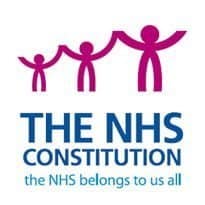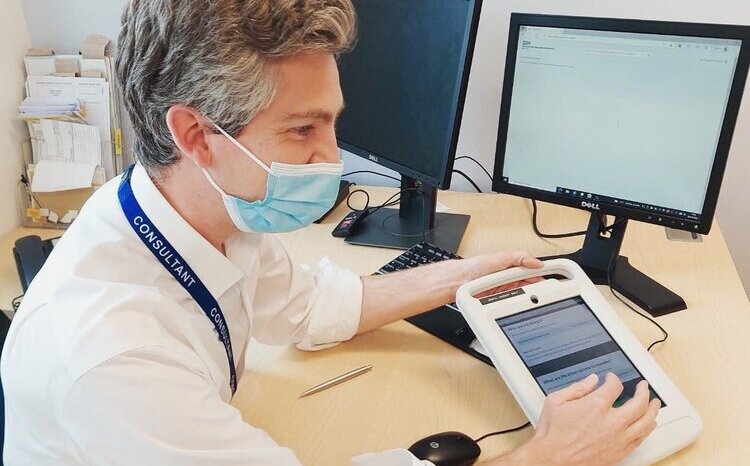Govt seeks to change NHS Constitution
- 7 November 2012

The government has launched a consultation on changes to the NHS Constitution that effectively spells out how few rights people have to object to their data being shared and used for research.
The Department of Health issued the consultation on Monday with a statement that focused on a set of popular pledges; for example to end mixed-sex wards and introduce a “duty of candour” if “things go wrong.”
However, the detail of the consultation includes a section on patient data that makes a strong case for information sharing and for the wider use of data in research.
And in a session at EHI Live 2012, Peter Knight, the Department of Health’s deputy director of research, information and intelligence, spelled out what this would mean for patients who wanted to object to their information being used in this way.
He told conference delegates that people cannot object to the use of anonymised data, but they will be able to object to the use of data that can be identified.
They will be able to object to the data processor, which might or might not uphold the objection. In the last resort, they will be able to apply for a court injunction.
But Knight pointed out that the legal bar will be “high”, since European legislation on data protection that is being discussed at the moment is likely to say that data for research does not require consent for its use.
The consultation on the NHS Constitution says that the confidentiality of patient data is protected by common law, the Data Protection Act, and the Human Rights Act, and its proposals do not change this; although they should make the situation more transparent.
However, the plans are unlikely to satisfy privacy campaigners worried that government’s commitment to sharing data around the NHS, with researchers, and with life sciences companies to promote UK trade will undermine existing safeguards.
The last, Labour government introduced the NHS Constitution to try and protect the NHS and to make clear some of its essential principles to both staff and patients.
The present government’s decision to open it up to changes was made following the work of the NHS Future Forum, which was set up during the ‘pause’ in the passage of the ‘Liberating the NHS’ reforms through Parliament.
In a foreword to the consultation, health minister Norman Lamb says politicians must not just be able to “tinker” with the constitution, but it needs to “move with the times” and have stronger “teeth.”
The consultation looks at ten areas for change, including strengthening patient involvement and feedback improving complaints handling, and making sure that patients are treated with dignity, respect and compassion.
The feedback section says that patients should expect to feedback on their care, and that organisations should respond to the feedback made; positive or negative.
In a joint session at EHI Live 2012 with Mark Davies, medical director of the NHS Information Centre, Knight outlined a series of policy and practical changes that the present government has made to strengthen the use of NHS data for research.
These include giving the NHS IC the ability to “require” data to be submitted from healthcare providers where this is mandated by the NHS Commissioning Board and other bodies.
They also include its developing role as a “safe haven” for holding identifiable data, matching it with other data sets, and making it more widely available to researchers.
Knight argued that although these measures – and the findings that came out of them – might be controversial, researchers needed to seize the opportunity.
He argued they were facing a “John Snow” moment, similar to that experienced by the Victorian pioneer who famously worked out that the Broadstreet Pump in London was causing a cholera epidemic and pulled off its handle.
He said they should seek to make equally big changes, even if they were “vilified” for them, as Snow was at the time.





